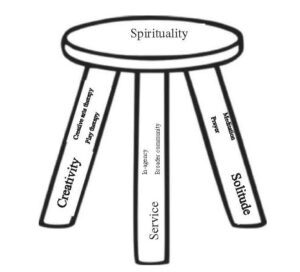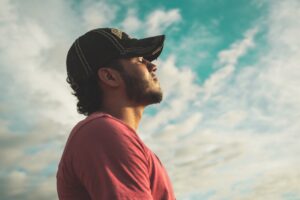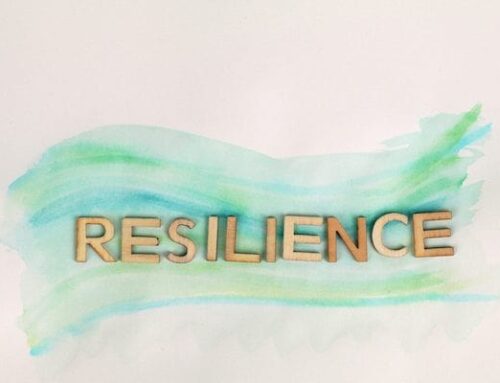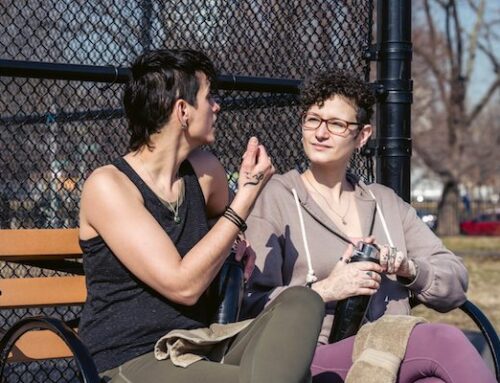 Spirituality has been used by therapists and counselors across the globe as a construct to help those dealing with mental health issues and addiction. Unfortunately, it’s often hard to conceptualize.
Spirituality has been used by therapists and counselors across the globe as a construct to help those dealing with mental health issues and addiction. Unfortunately, it’s often hard to conceptualize.
Because spirituality can be different for everyone, it has been difficult to control in a clinical setting. My friends and colleagues at Florida Atlantic University, Professors Gail Horton and Naelys Luna, studied this challenge and developed the 3-legged stool model as a potentially helpful approach to spirituality in addiction recovery. It provides a practical approach to developing a sense of spirituality.
The 3-legged stool model focuses on a structured operation that can help therapists with spiritual interventions. The “seat” of the stool is spirituality, itself. The three legs are service, solitude, and creativity.
If you or someone you know is struggling with addiction and you want your spirituality to guide you, this model can help. Let’s dive deeper into what it truly is and how it can aid in your recovery.
Service
There has been plenty of research that shows helping others, volunteering, and providing a service to someone else can help with addiction recovery. There are a few reasons why.
First, many people who struggle with addiction have been involved in the wrong social circles. Maybe your friends are drinking or doing drugs and you think you can “just have a little”. Or maybe you feel pressured.
Or, you might feel social anxiety, and you’ve turned to drugs or alcohol to cope.
Doing something good for others can give you a sense of belonging and a sense of purpose. Service can be as simple as making the coffee at a 12 step meeting or taking a meal to someone who has not been feeling well. You might enjoy volunteering for a charity or looking out for a neighbor who needs a little help around their home. It may not be easy for the individual at first, but it’s an essential part of healing.
Solitude
 Solitude is an important part of the 3-legged model. But it’s just as important to define what that looks like.
Solitude is an important part of the 3-legged model. But it’s just as important to define what that looks like.
When you’re struggling with addiction, one of the worst things you can do is cut yourself off from people who love you. Having a support system can be a crucial part of the recovery process.
In this case, solitude means taking time for contemplative prayer and reflection. Take the time to meditate and be mindful every day when there are no distractions around you. Even if you only find a few minutes to do so, it can set the tone for your entire day and help you feel more centered.
Creativity
 Most people who don’t think they’re creative think that way because they aren’t “artistic”. But you don’t need to be a great artist to explore your creativity. In addiction recovery, creativity is an incredible tool.
Most people who don’t think they’re creative think that way because they aren’t “artistic”. But you don’t need to be a great artist to explore your creativity. In addiction recovery, creativity is an incredible tool.
Getting involved with creative arts or even play therapy can help you tap into parts of yourself you may have otherwise ignored. Allowing yourself to explore your creative side can help you open up and be more vulnerable. It can allow you to get to the root cause(s) of your addiction. If you’re working with a therapist, that’s an integral part of moving forward.
The creative arts can be anything you enjoy, from making music to drawing to writing. You don’t have to have some kind of natural “gift” or talent, you just need to use your creativity as a positive outlet.
The Seat of Spirituality
The 3-legged stool method all comes together at the seat of spirituality. Spirituality can be the basis of your recovery when you work through this model. It is the “glue” that holds the process together, and can become your focus as you’re trying to keep moving forward.
If you’re interested in learning more about the 3-legged stool model, feel free to contact me. You don’t need to be a spiritual person already to benefit from this model. Together, we can tap further into this method and discover how unfolding your spirituality can help you on your road to recovery.
If you would like support and are looking for a therapist, you can learn more about addiction counseling here. When you are ready, please contact me for a free consultation.





